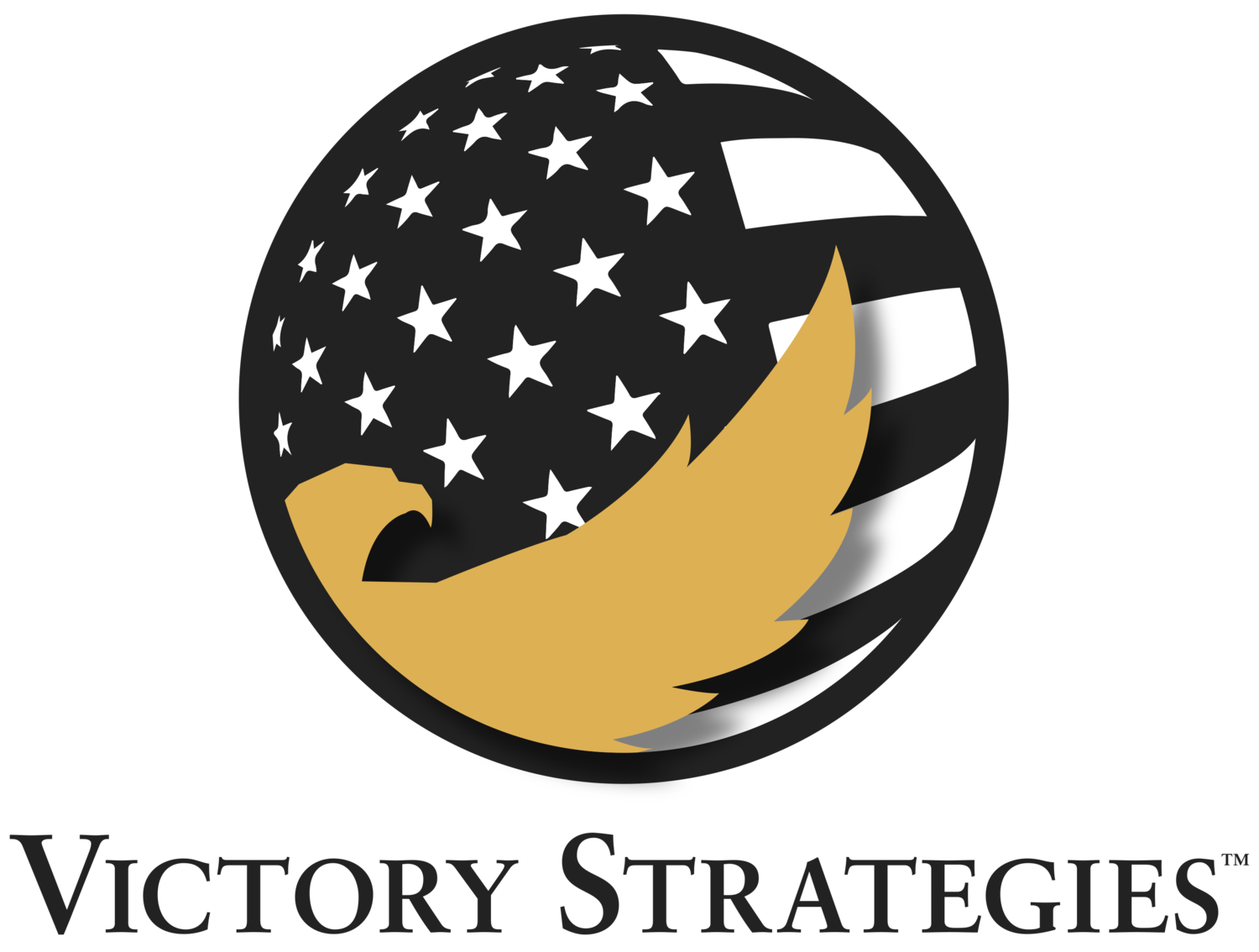If you ask people if introverts or extroverts make the best leaders, most will respond in favor of extroverts, but the truth is a bit more complicated: it depends.
The main difference between introverts and extroverts is the environments that charge and deplete their energy. Extroverts tend to enjoy interacting with large groups of people, whereas introverts prefer smaller engagements and developing individual relationships. Extroverts like to speak up and engage, which attracts people to them but can also stifle group discussion. Introverts tend to hang back and listen more, which can harness the wisdom of a team, but it can be perceived as passive or indecisive. So, who is going to succeed more often?
The answer is the more self-aware leader who takes affirmative steps to balance their weaknesses and cover their blind spots. I offer this as someone who has successfully led people for over 30 years and was fortunate to be recognized as being in the 2% of Air Force officers. I’m also an introvert with a capital “I.”
As a junior officer, I, too, was drawn to charismatic and outgoing leaders. I found them inspirational to listen to. When they walked into the work center, I could feel the energy level rise, which was exciting. Engaging with some of them was less inspirational. Some tended to cut people off while speaking and would intentionally or unintentionally shut down conversations by stating their opinions early in the discussion. A smaller number of extroverted leaders managed to balance their outgoing nature by refraining from dominating conversations. Instead of expressing opinions, they asked questions and invited people to challenge their thinking. The more self-aware, extroverted leaders tended to develop a cult-like following.
As a mid and more senior-level manager and leader, I sometimes struggled in large group social situations. Public speaking had never been an issue for me, nor were small group meetings. Large social gatherings, however, were never comfortable for me. I really struggle with small talk, a point brought home to me when one of my previous senior enlisted advisors bought me a book as a going away gift appropriately titled How to Make Small Talk. We laughed because one of the reasons I hired her was to help balance out my shortcomings as a leader, one of which is large social gatherings. Where I would tend to stand along the wall observing the group dynamics and engage individuals in deeper conversations, she would work the room to get a sense of the group’s overall health and identify undisclosed issues. Together, we made an incredible leadership team.
The author posing with a group of junior offers after a mentoring event.
From these and hundreds of experiences like them, I offer the following thoughts for your consideration:
Success as a manager and leader begins with self-awareness. Most people think they are self-aware, but science tells us that only 5-10% of the population demonstrates meaningful levels of self-awareness. Which are you?
Using your self-awareness, surround yourself with people who will help balance your limitations. As a senior leader, I recognized that the people who struggled the most in leadership were those who hired people like themselves; extroverts hiring extroverts and introverts hiring introverts because it made them more comfortable.
Introverted leaders need to manage their energy levels carefully. Leadership is about people and in large numbers that can be very draining to an introvert, so plan accordingly. Don’t overpack your social calendar pretending to be an extravert. Build in down and recharge time so you can be at your best for the social engagements that matter most.
Extroverted leaders need to take pains to avoid dominating conversations. People tend to defer to those above them in organizational hierarchies anyway, so extroverted leaders have to hold themselves back to draw others into conversations and make them feel valued.
Introverted leaders need to be mindful that the extroverts on their team want to interact with them and make themselves available. It’s easy to make excuses or put it off, but the best leaders prioritize the needs of the team over their personal comfort. If you’re not willing to do that, you should reflect on whether leadership roles are right for you.
Extroverted leaders need to recognize that many of the people who work for them are introverted and may not want to spend too much time outside of work socializing with them or their workmates. Social events outside of work should be thoughtfully planned, with required participation kept to a minimum to encourage healthy boundaries and mental health. Under no circumstances should social events be treated or viewed as a commitment or loyalty test.
Whether you’re an introvert or an extrovert, being a great leader begins with becoming more self-aware so you can take intentional and affirmative actions to play to your strengths and mitigate your limitations. While extroverts may have a perceived advantage in leading, that advantage can quickly turn into a liability. On the other hand, introverted leaders may have an advantage in harnessing the collective wisdom of their teams, but that can be lost if the team members perceive a lack of interest from their leaders because they do not engage socially. In either case, use your self-awareness to your advantage and be intentional about your leadership. If you’re not sure what that looks like for you, consider employing the services of a world-class coach like those on our team. Lead well!
Authored by: Jason Lamb, Managing Director


